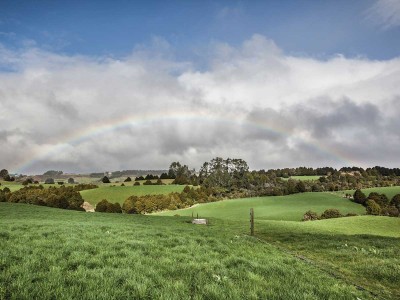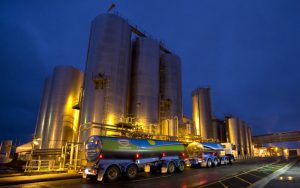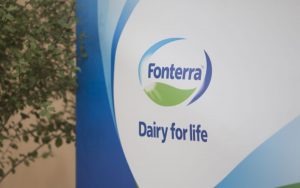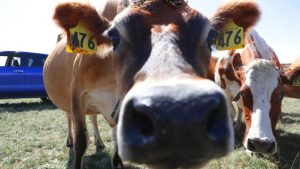
His comments come in the light of a recent report from the Ministry for Primary Industries (MPI) stating that about a quarter of NZ dairy farmers have debt to equity ratios of 70% or more: many also face challenging times ahead as government environmental reforms come into effect.
Such reforms MPI says could mean that farmers would have to invest in new infrastructure or make other cost savings on farm such as cutting back on stock numbers.
Hoggard agrees with MPI that the new rules will require changes and says it begs the question of how farmers are going to make such changes in a given time-frame.
This is happening at a time when many of the major banks are pulling back from agriculture and dairy in particular.
Hoggard says he’s had calls from farmers who have high debt and are in catchments where very strict rules are going to apply.
“The banks are not going to want to foreclose on them or anything because if the farm gets sold they are going to lose money,” he told Dairy News.
“But the banks are going to want them to stay there farming and will have their foot their throat the whole time wanting to get their money back. It’s not going to be a helleva lot of fun for the farmers in that situation where all you are doing is effectively being a bank employee.
“People are feeling like they are trapped – they are not passionate about what they are doing and they are there because they are stuck there,” he says.
Hoggard says this will lead to a whole lot of other issues emerging such as mental health which he says often leads to animal welfare issues and other problems on the farm.
“It’s a perfect storm of a whole lot of things that are interconnected and I don’t have the solution to unpick this whole thing. It does need a lot of thought on how we move from where we are, to where we need to be without screwing up the lives of a whole lot of people,” he says.

























